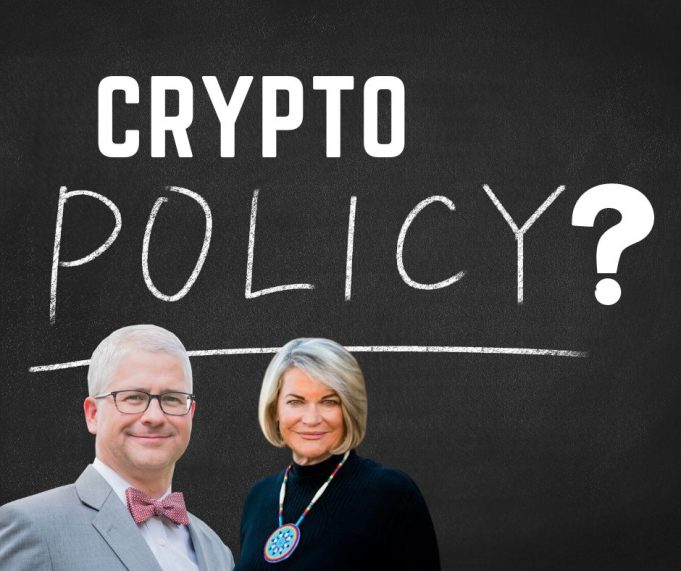Two Republican lawmakers, U.S. Rep. Patrick McHenry (R-N.C.) and Sen. Cynthia Lummis (R-Wyo.), have sent a letter to several banking agencies questioning the government policies controlling how financial firms handle their accounting for cryptocurrency. The letter was in response to a controversial bulletin from the Securities and Exchange Commission that advised financial institutions to maintain customers’ crypto holdings on their own balance sheets. The lawmakers are seeking clarification on how the agencies are dealing with the SEC’s bulletin and its implications for the crypto industry. The letter is the latest in a series of efforts by U.S. Congress to regulate the cryptocurrency industry.
In a letter to the Federal Reserve and other U.S. banking agencies, lawmakers criticized the SEC’s Staff Accounting Bulletin 121 as a measure that could deny millions of Americans access to safe and secure custodial arrangements for digital assets. The letter argued that forcing regulated banks to reject crypto custody would come with major capital demands, and highlighted the legal risk of effectively forcing customer custodial assets to be placed on balance sheet, as seen in the Celsius bankruptcy. The lawmakers urged the banking agencies to consider the potential risks and benefits of allowing banks to offer crypto custody services, and to ensure that any regulations are tailored to protect customers while allowing them access to the digital asset market.
The Federal Reserve and other banking agencies have been asked to clarify their stance on the SEC’s directive regarding digital assets. Last year, Fed Chair Jerome Powell said the central bank was evaluating the SEC’s directive, which changes the longstanding practice of keeping customers’ assets off a financial firm’s balance sheet. The letter questions the banking agencies on what interactions they have had with the SEC on this point, and whether the securities regulator’s position conflicts with their own policies. This could have a major impact on the banking industry, as it could potentially open up the door to more digital asset investments.













